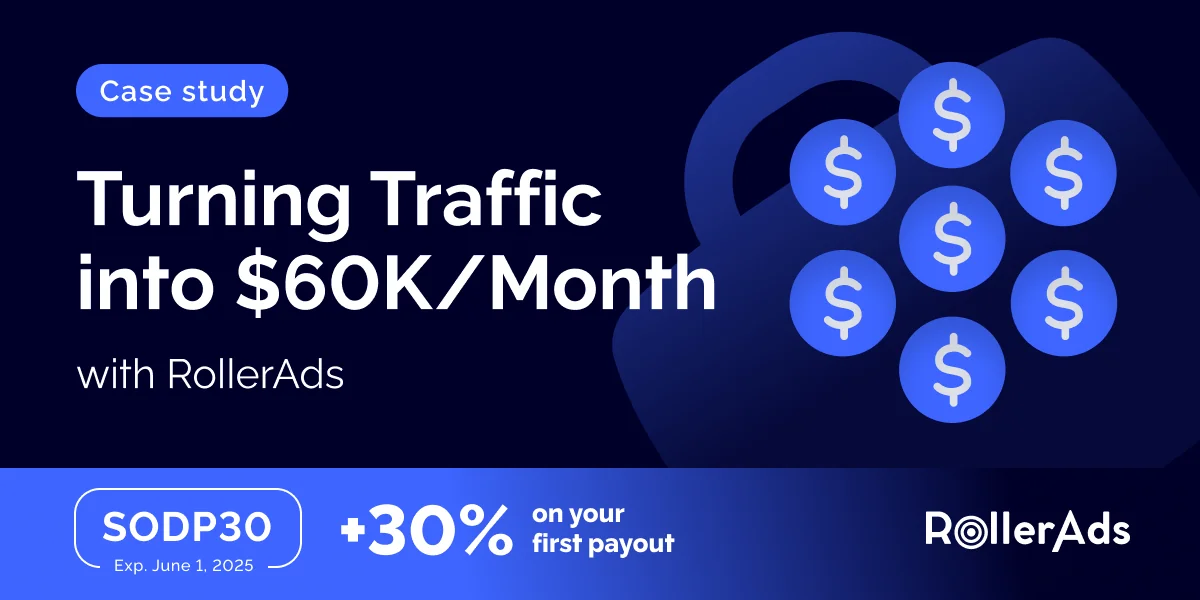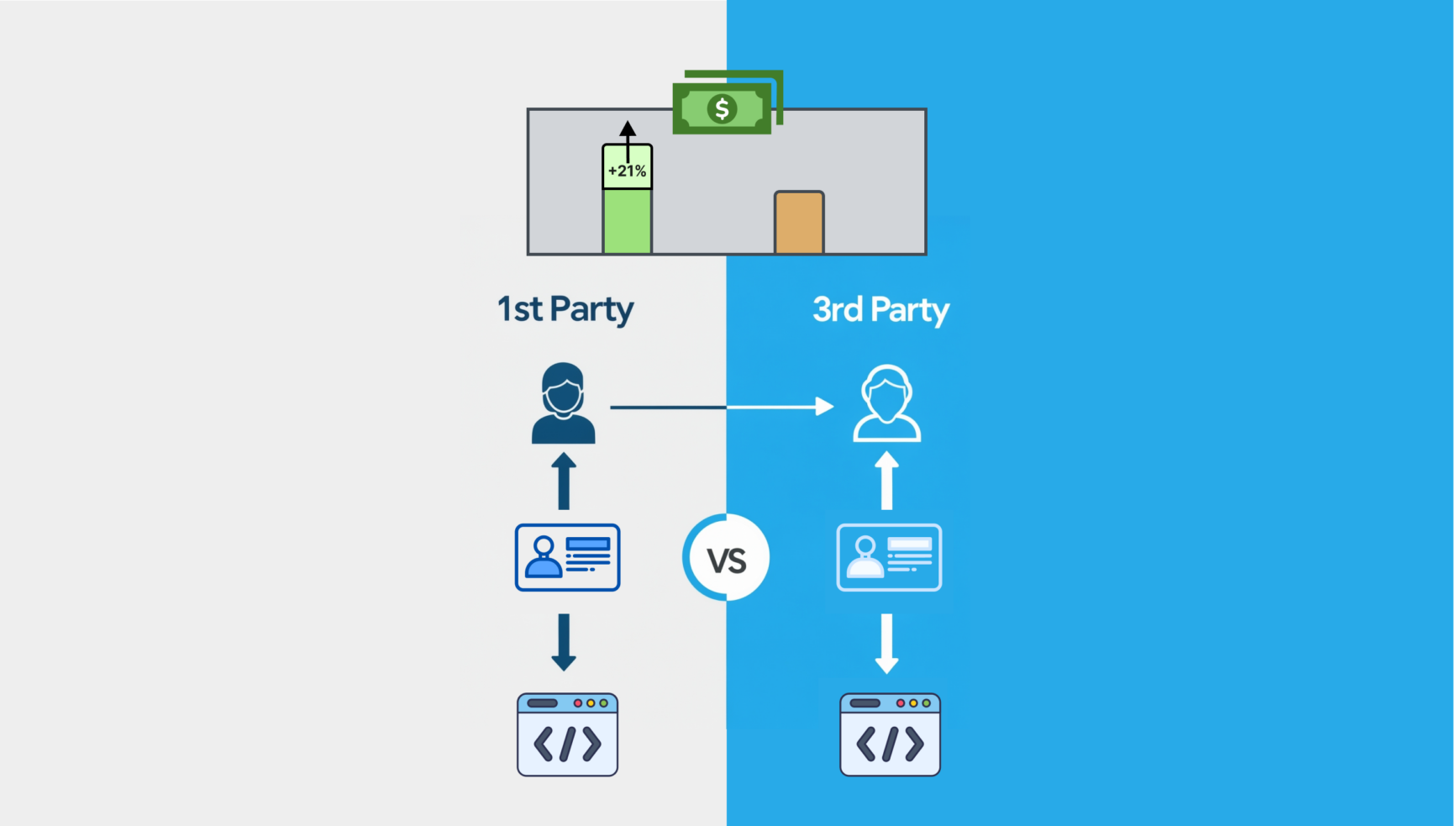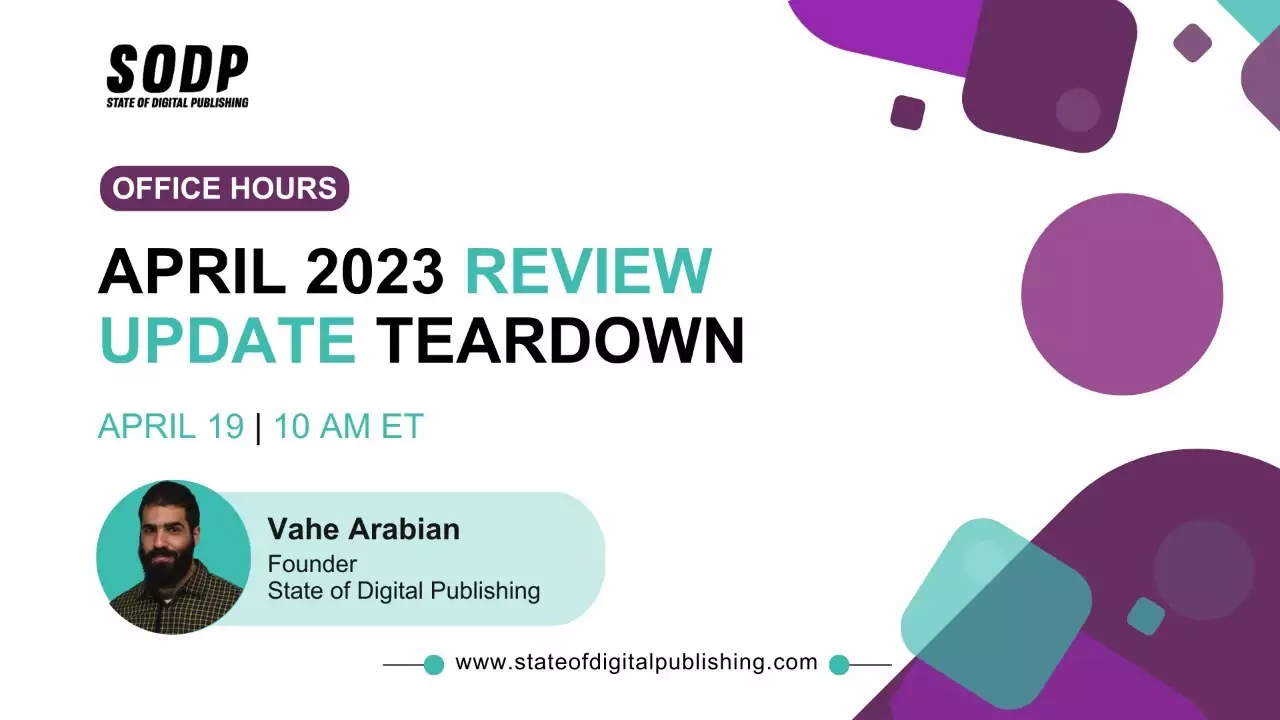What’s been happening in the world of digital publishing over the last week? Here’s your weekly round-up of news, announcements, product launches, and more.
Audience development and engagement
YouTube reveals millions of incorrect copyright claims in six months
Over 2.2 million copyright claims hit YouTube videos before later being overturned between January and June of this year, according to a new report published by the company today. The Copyright Transparency Report is the first of its kind published by YouTube, which says it will update biannually going forward. Read more
Why it matters: As Mia Sato points out, “Though mistaken copyright claims are a drop in the bucket on a larger scale, YouTube creators have long complained about how the platform handles claims, saying overly aggressive or unjustified enforcement can lead to lost income. Copyright claims can result in videos being blocked, audio being muted, or ad revenue going back to the rights owner. This new report gives shape to a problem that YouTube itself has acknowledged needs updating.”
Netflix launches a website dedicated to news about renewals, exclusive interviews and more
Netflix has launched a new website called “Tudum,” which will host consumer news about renewals, release dates and extra content featuring its TV shows and movies. The company is marketing the website as “a place to discover more about your Netflix favorites.” Read more
Why it matters: Tudum is how Netflix can further engage its audience. “The website includes exclusive interviews, cast breakdowns, information about content that’s popular on the platform, a trending news section, details about upcoming shows, an explore section and more.”
Future of Digital Publishing
BuzzFeed Tumbles in Turbulent Debut for Digital Media
BuzzFeed Inc. shares fell in their first day of trading, a sign investors are wary of the digital media company after a shaky lead-up to its public debut. BuzzFeed’s debut as a public company marks a major milestone for the online media company that Jonah Peretti co-founded 15 years ago. Read more
Why it matters: Just like the article states: “It’s also a sign of how other digital media companies could perform on the public market. Among today’s crop of large online publishers, BuzzFeed is the first to have its shares trade.”
Scoop: Over 200 papers quietly sue Big Tech
Newspapers all over the country have been quietly filing antitrust lawsuits against Google and Facebook for the past year, alleging the two firms monopolized the digital ad market for revenue that would otherwise go to local news. Read more
Why it matters: Just like the article states: “What started as a small-town effort to take a stand against Big Tech has turned into a national movement, with over 200 newspapers involved across dozens of states.”
Advertising
Three tech giants control half of advertising outside China
Google’s parent company Alphabet, Facebook owner Meta and Amazon have doubled their share of ad revenues in the past five years, according to estimates from media buyers GroupM.
The figures, which come at a time of heightened regulatory scrutiny of Big Tech, show digital defied the contraction in other advertising channels in 2020 and is expected to surge another 30.5 per cent globally this year to $491bn, dwarfing other categories. Read more
Why it matters: Quoting Sir Martin Sorrell, executive chair of digital ads group S4 Capital, the article explains that “the figures demonstrated how ‘the digital advertising industry is a growth industry, and traditional media is slow or no growth. And this situation looks likely to continue.’”
‘This is scary stuff’: Cookie compliance efforts continue to fall short even three years after GDPR
European Union law on cookie consent is clear: a person should be given a simple choice to accept or reject being tracked by advertisers on publisher sites. The problem is that there are moments when they don’t seem to have that choice.
That’s according to the findings released today from a new study commissioned by Ebiquity which aims to spotlight privacy shortcomings in the ad tech ecosystem.
The investigation found the vast majority (92.6%) of websites that attract tier-one advertiser-spend place at least one tracker on internet users’ devices prior to gaining their consent. Read more
Why it matters: “Advertisers want to ensure they fund responsible media outlets, and these numbers clearly show there is a lot of work to do,” said Ruben Schreurs, group chief product officer at Ebiquity. “Particularly in light of recent industry developments, we advise brands to ensure they have full transparency and controls on their investments in programmatic open web activity.”
Social media
Twitter confirms its ‘Project Guardian’ keeps an eye on today’s main character
Content from our partners
Twitter’s secretive “Project Guardian” aims to shield controversial characters and users with large followings from an onslaught of trolls and haters, according to a report by Bloomberg. The platform reportedly maintains a list of thousands of users that Twitter deems high risk for harassment, which includes musicians, professional athletes, journalists, and other users who are particularly prominent — even if just for the moment. Read more
Why it matters: “Project Guardian doesn’t just shield users; it also protects Twitter from bad PR.”
SEO
Google Will Deindex Pages If Site Is Down For Several Days
Google will begin to deindex your pages from search results if your website experiences more than a couple of days of downtime.
This is stated by Google’s Search Advocate John Mueller during the Google Search Central SEO office-hours hangout recorded on December 10. Read more
Why it matters: As the post points out, “the impact of extended downtime will last longer that the duration of the outage”












